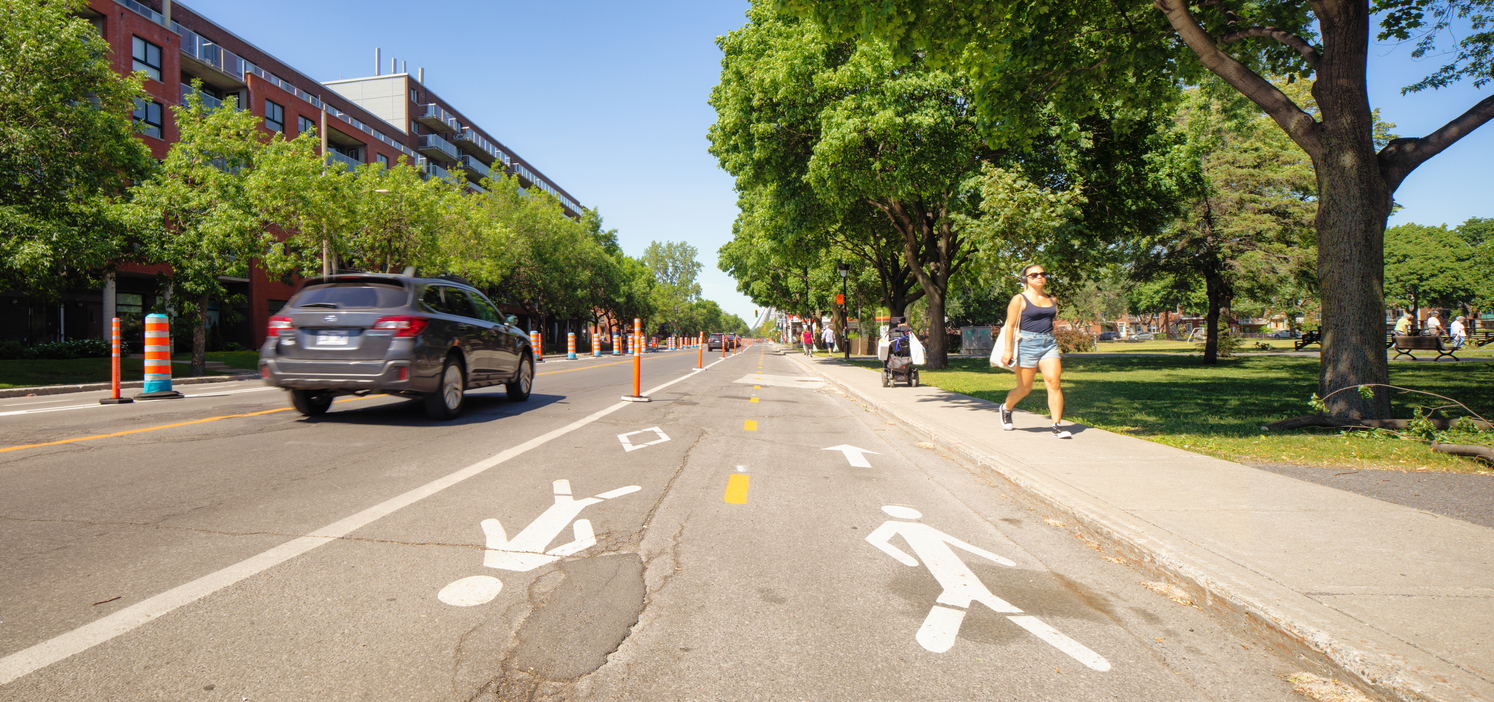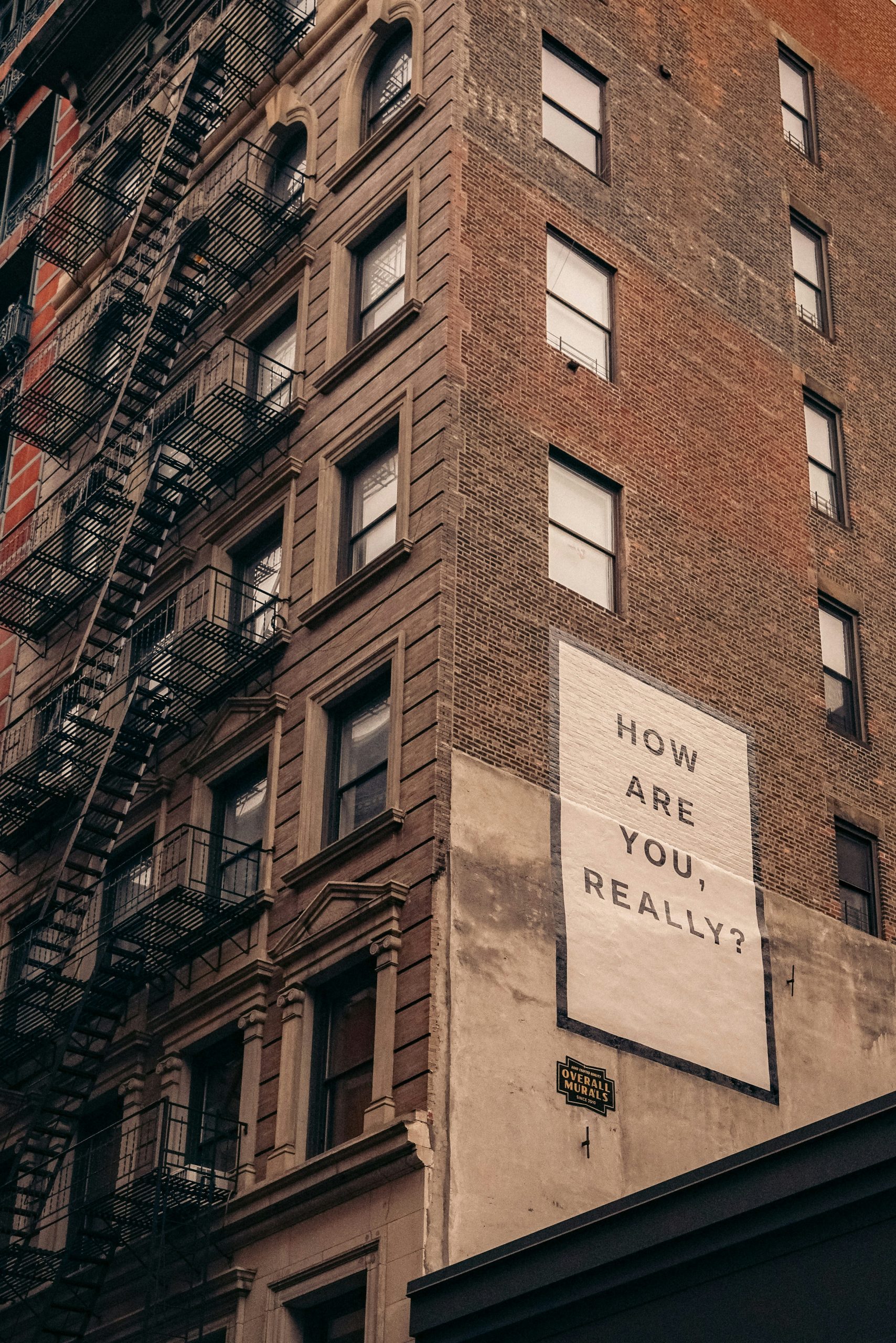Featured Guest
You’ll find this guest among our growing roll of Urban Champions.
-
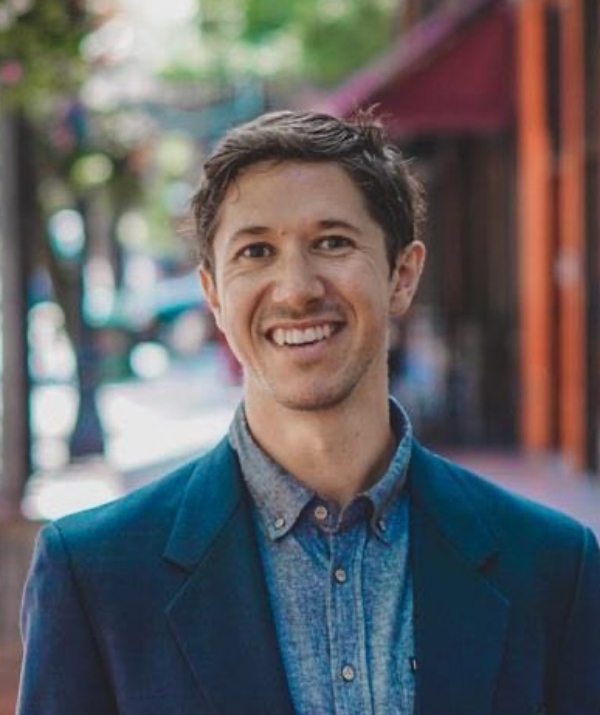
Mitchell Reardon
Senior Urban Planner & Designer, Happy Cities
-

Mark Lakeman
Founder of City Repair
-
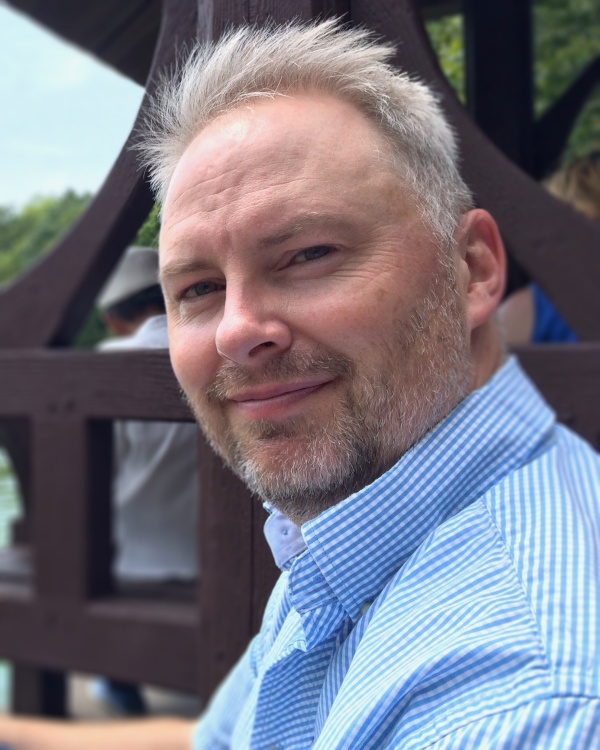
Jason Robbins
Principal Architect, JC Robbins Architecture
-
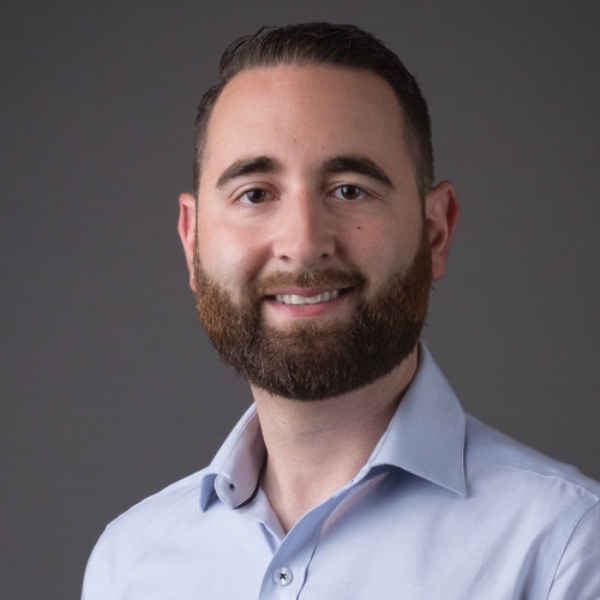
Devin Segal
Partner, fathom studio
-

Anjuli Solanki
Program Director, The STEPS Initiative
5 Key
Takeaways
A roundup of the most compelling ideas, themes and quotes from this candid conversation
1. Public art is critical to the recovery
According to Anjuli Solanki, public art is essential to the vibrancy of our public spaces, and throughout the pandemic, artists have been developing interventions in the public realm, from creative safety markers and ways to mark safe pickup zones, to animating empty storefronts and sites for future development.
2. Thinking beyond “the container of design fetishism”
Mitchell Reardon described the importance of thinking beyond the “container of design fetishism” where the product is more important than the process that went into its development. This has led to the development of projects that do not create a sense of meaning and belonging to communities. Mitchell believed that this is a fundamental challenge which can be improved through prolonged community engagement.
3. Shovel-ready implementation
According to Jason Robbins, there is always a tension between pushing for shovel-ready projects and good design, and working within the constraints of project budgets, while advocating for community benefit. Architects must meet the expectations of their clients, design shovel-ready projects, while also providing immediate value for communities and stakeholder groups.
4. Design decisions have never been neutral
According to Mark Lakeman, architects, planners and designers should work actively to ensure that their projects do not “reinforce the structural inequities embedded in the colonial grid.” Great creativity has been unleashed during the pandemic—blocking off streets, expanding patios onto sidewalks, and more. There is great opportunity to make these interventions permanent, and to continue to push to treating streets like the cultural spaces they have always been.
5. The opportunities and limitations of online engagement
COVID-19 has given us the opportunity to facilitate consultations with a wider range of stakeholders through online conversations. However, we must be mindful of the limitations of online interactions.
Full Audience
Chatroom Transcript
Note to reader: Chat comments have been edited for ease of readability. The text has not been edited for spelling or grammar. For questions or concerns, please contact events@canurb.org with “Chat Comments” in the subject lin
From Canadian Urban Institute: You can find transcripts and recordings of today’s and all our webinars at https://canurb.org/citytalk
Note to reader: Chat comments have been edited for ease of readability. The text has not been edited for spelling or grammar. For questions or concerns, please contact events@canurb.org with “Chat Comments” in the subject line.
12:03:46 From Canadian Urban Institute: Folks, please change your chat settings to “all panelists and attendees” so everyone can see your comments.
12:04:20 From Canadian Urban Institute: You can find transcripts and recordings of today’s and all our webinars at https://www.canurb.org/citytalk
12:05:24 From Canadian Urban Institute: Keep the conversation going #citytalk @canurb
12:06:53 From Toby Greenbaum to All panelists: Toby from Ottawa
12:07:08 From Toby Greenbaum: Toby from Ottawa
12:07:20 From Brian Kuczma to All panelists: Brian Kuczma Downtown Sudbury, Ontario Canada
12:07:32 From Alan Kan: Tuning in from Markham
12:07:49 From Robin McPherson: St. Catharines, Niagara
12:08:02 From Abby S: From Toroto!
12:08:08 From Abby S: Toronto
12:08:16 From Jaldhi Gohil to All panelists: from India
12:08:37 From Rick Merrill to All panelists: Why don’t you introduce the panelists first
12:08:38 From Susan Chin: Greetings from NYC, where parks are 14% and streets are 26% of our city.
12:08:42 From Shimon Segal: From Winnipeg
12:08:59 From Canadian Urban Institute: Welcome! Folks, please change your chat settings to “all panelists and attendees” so everyone can see your comments.
12:09:05 From Leigh Stickle: Hello from Vancouver!
12:09:39 From Jaldhi Gohil: Tuning from India!
12:09:44 From Maureen Luoma: Greetings from Downtown Sudbury, Ontario
12:09:59 From Denny Warner: S
12:10:01 From Adam Fine: howdy from Halifax
12:10:08 From Denny Warner: Sidney, BC
12:10:15 From Glenn Brown to All panelists: Can barely hear this speaker
12:10:16 From Melissa Williams: Hello from Toronto!
12:10:20 From Tzatzilha Torres Guadarrama to All panelists: Hi from México City
12:10:43 From MARYAM MOMENI to All panelists: Hello from Toronto:)
12:10:47 From Mary W Rowe to Glenn Brown and all panelists: yup on it
12:11:54 From Jonathan Giggs: from Port Credit in Mississauga
12:12:16 From Glenn Brown to All panelists: No improvement
12:12:25 From Mary W Rowe to Glenn Brown and all panelists: trying…
12:12:39 From Caroline Poole to All panelists: Anjuli Solanki is the program director at STEPS Initiative, which promotes public art installations and engagement in Toronto, ON: https://stepsinitiative.com
Jason Robbins is a Winnipeg-based principal architect at JC Robbins Architecture, and he is also part of the Royal Architectural Institute of Canada: https://raic.org/raic/jason-robbins-mraic
Devin Segal is the director of landscape architecture from Fathom Studio, Halifax NS: https://fathomstudio.ca
Mitchell Reardon is the urban planning and design lead at Happy City, a Vancouver-based consultancy which seeks to promote happy and inclusive urban communities: https://thehappycity.com
12:12:44 From Beverley Henry: From Mississauga
12:13:01 From Caroline Poole: Anjuli Solanki is the program director at STEPS Initiative, which promotes public art installations and engagement in Toronto, ON: https://stepsinitiative.com
Jason Robbins is a Winnipeg-based principal architect at JC Robbins Architecture, and he is also part of the Royal Architectural Institute of Canada: https://raic.org/raic/jason-robbins-mraic
Devin Segal is the director of landscape architecture from Fathom Studio, Halifax NS: https://fathomstudio.ca
Mitchell Reardon is the urban planning and design lead at Happy City, a Vancouver-based consultancy which seeks to promote happy and inclusive urban communities: https://thehappycity.com
12:13:15 From Glenn Brown to All panelists: Even quieter now
12:14:09 From Caroline Poole: Mark Lakeman is a Portland, OR-based leader at City Repair: https://cityrepair.org
12:14:59 From Mary W Rowe to Glenn Brown and all panelists: hear him ok?
12:15:30 From Ralph Cipolla: hello from Ralph Cipolla from sunshine city Orillia Ontario home of Gord Lightfoot and Stephen Leacock
12:19:18 From Leigh Stickle: Vancouver I believe has something like 30% of city land covered by streets / lanes
12:23:00 From Caroline Poole: You can find out more about our panellists’ work here:
Devin Segal: https://www.instagram.com/fathomstudio.ca
Mitchell Reardon: https://twitter.com/MitchellReardon
Anjuli Solanki: https://twitter.com/STEPSInitiative
Jason Robbins: https://www.jcrobbinsarchitecture.com
Mark Lakeman: https://twitter.com/CityRepair
12:25:42 From Canadian Urban Institute: Check out CUI’s main street recovery project, Bring back Main Street: https://canurb.org/initiatives/bring-back-main-street/
12:26:41 From Jaldhi Gohil: Mumbai, India approx. 20% land area covered as streets
12:28:46 From Canadian Urban Institute: The Main Street Design Challenge is a coordinated engagement effort for all Canadians interested in design to envision the future of Main Streets. https://bringbackmainstreet.ca/main-street-design-challenge
12:32:52 From Susan Chin: Thanks for the shoutout. @AnjuliSolanki what can designers learn and use from arts groups use of public space?
12:33:44 From Abby S: It is so disheartening to hear Mark say that people are less friendly and more frightened of interaction. I personally have found that in Toronto, people are generally continuing to be respectful of social distancing (outdoors) crossing streets etc. Without any animus or irritation. Is this the politicization of health in the US?
12:38:57 From Susan Chin: Advocacy for designng
12:40:12 From Susan Chin: ooops outside the box requires describing the value both health, social, environmental and economic value
12:42:58 From Rick Merrill to All panelists: It is interesting that in the Pan Am games village in the east Bayfront community the public realm was instituted befor the development occurred. The streetscapes are encouraging and the newer approaches to sustainable streetscapes have been installed.
12:44:02 From Susan Chin: How are they engaging communities in this social distance era?
12:45:32 From Canadian Urban Institute: You can find transcripts and recordings of today’s and all our webinars at https://www.canurb.org/citytalk
12:47:16 From Susan Chin: Many of these communities dont have access to tech and media, are there other design tools for engagement?
12:48:58 From salman faruqi: What would you say are some of the barriers preventing government/organizations from better engaging with communities?
12:51:56 From Canadian Urban Institute: Keep the conversation going #citytalk @canurb
12:52:25 From Susan Chin: Fear of failure, political will, other pressures in govt need to be overcome by constituents speaking up.
12:55:08 From heloise Drochon to All panelists: -Mark, what is the name of the program you where talking about?
12:56:01 From Canadian Urban Institute: What did you think of today’s conversation? Help us improve our programming with a short post-webinar survey – https://bit.ly/2Oc7mQB
12:56:42 From Mark Lakeman to All panelists: The City Repair Project at cityrepair.org. Our largest annual project/event is called the Village Building Convergence, at villagebuildingconvergence.com. Our radical architecture and planning office is at communitecture.net
12:57:33 From Toby Greenbaum: The Federal Government is talking about a different type of infrastructure spend which would focus on connectivity rather than bricks and mortar construction projects.
12:58:28 From Caroline Poole to heloise Drochon and all panelists: From Mark: “The City Repair Project at cityrepair.org. Our largest annual project/event is called the Village Building Convergence, at villagebuildingconvergence.com. Our radical architecture and planning office is at communitecture.net “
12:59:34 From Jason Robbins: Thanks to all for coming today!
13:00:46 From Ralph Cipolla to All panelists: thanks to all the panelists for their expertise
13:02:25 From Susan Chin: Thanks for addressing the creative design challenge and what’s expected of arts and design professionals.
13:03:15 From Michelle Warren: Thank you, everyone, for the thought-provoking and interesting discussion.
13:03:38 From Caroline Poole to All panelists: Thank you all for a fantastic session:)
13:03:44 From Leigh Stickle: Thanks for the inspiring talk everyone!
13:04:05 From Amy Calder: thanks to all the panelists and Mary for the thoughtful comments
13:04:05 From heloise Drochon: thank you everyone. this is very inspiring!
13:04:08 From Maureen Luoma: Great chat today – thanks to all – BUT – FAR too short – could use so much more time (even 1/2 hour more)
13:04:09 From Robin McPherson: Thank you.
13:04:19 From Cameron Watts: Thank you!!
13:04:29 From Toby Greenbaum: Great session today. Thanks
13:04:30 From Ryan Walker: Thank you all – great panel.
